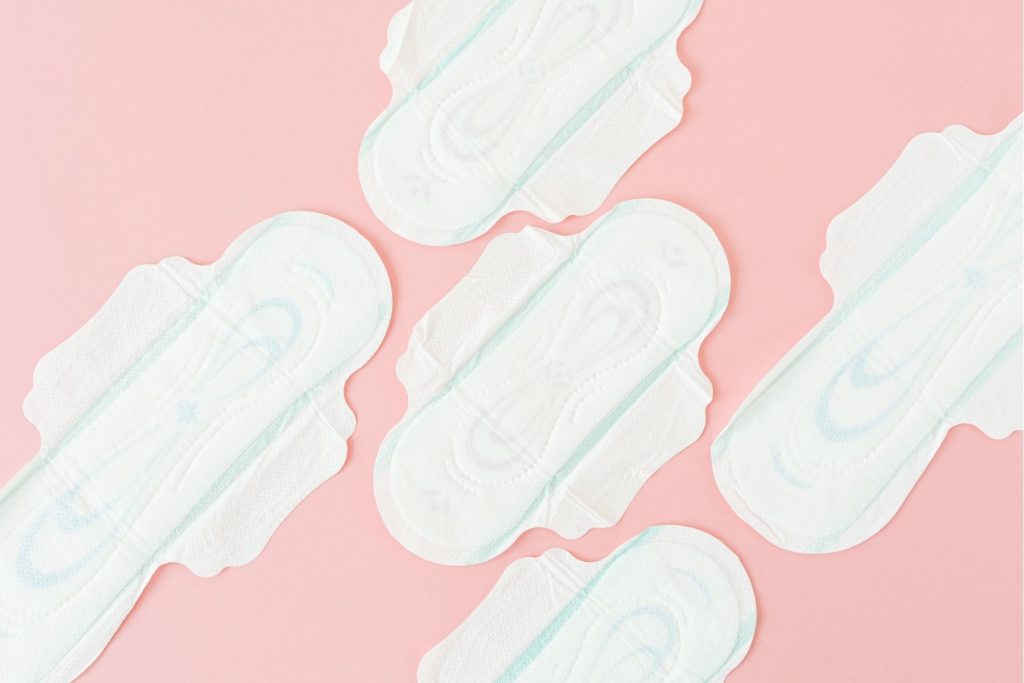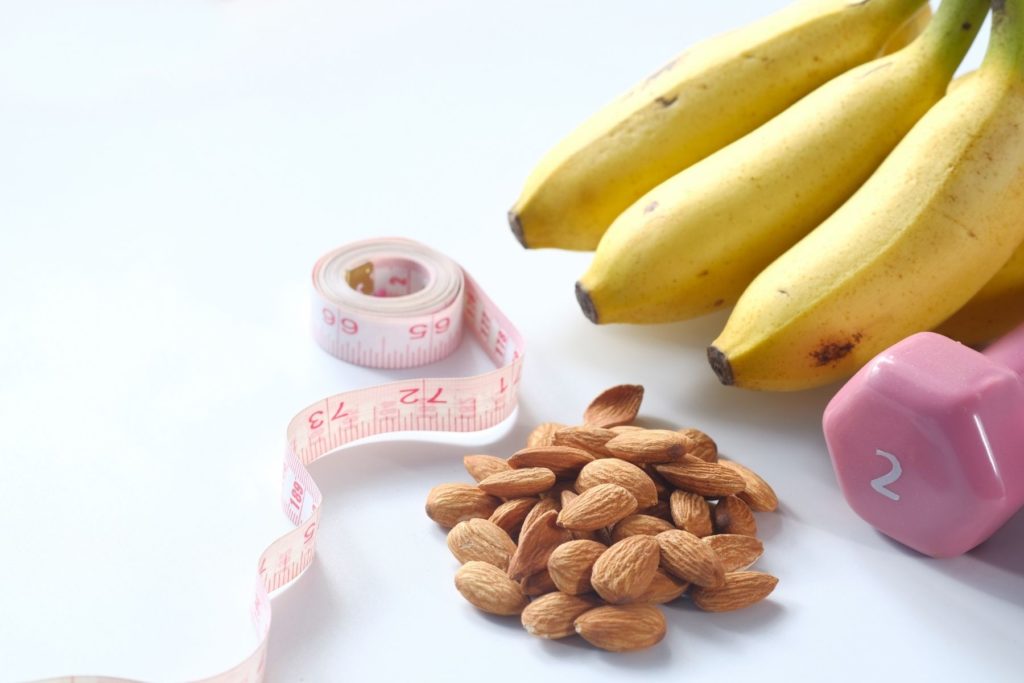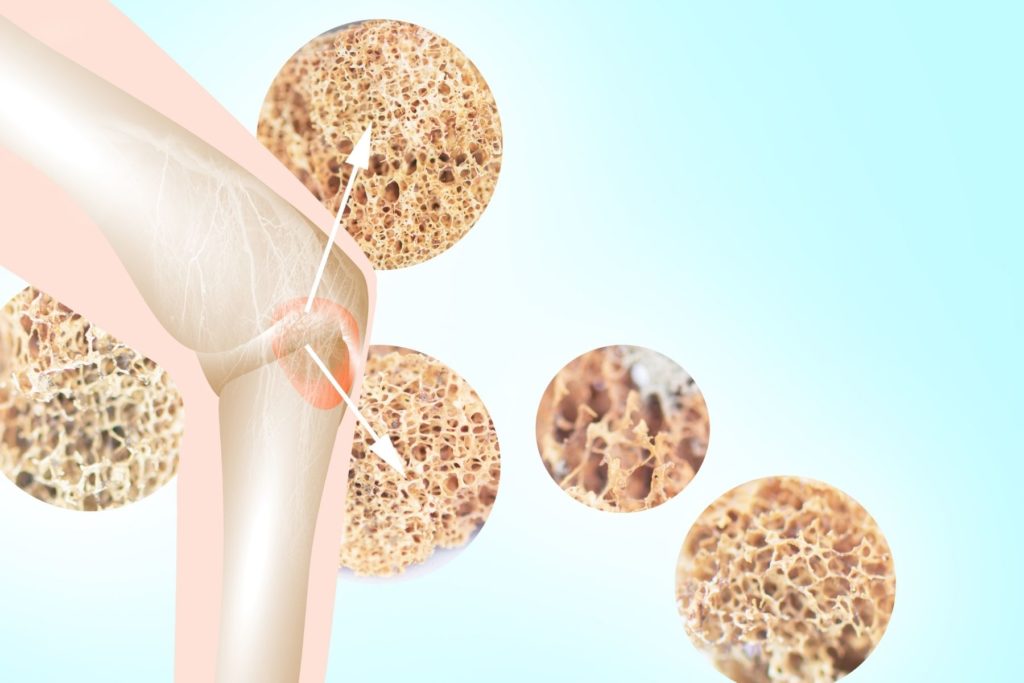Losing Your Period As An Athlete
May 24, 2022

Losing your period as a female athlete is, unfortunately, a pretty common experience. Less common is the conversation around what this means for your health and athletic performance. Losing your period, may seem like a convenience at first. However, the long-term impacts of hypothalamic amenorrhea, or loss of your period, are not worth it.
What is Hypothalamic Amenorrhea?
Hypothalamic amenorrhea, or HA, is loss of a menstrual period for 3+ months.
The pituitary gland in the brain produces a hormone called GnRH. This hormones plays a role in triggering the production of other hormones like estrogen, FSH, and LH that stimulate ovulation and periods. In HA, your pituitary does not make enough GnRH and thus your period stops.
The Cause of Hypothalamic Amenorrhea
HA can be caused by a variety of factors that are especially common among female athletes:
Weight and Body Composition
Being underweight and/or having a low body fat percentage can cause HA. The American College of Sports Medicine recommends 10-22% body fat for men and 20-32% for women. When we fall below a healthy body fat percentage, our bodies stop performing optimally. Body functions that are not considered essential for survival like reproduction and periods are the first to shut down.
Diet
Under eating can also be the cause of HA. Reducing your intake by 470 to 810 calories per day over three menstrual cycles could be problematic. Without enough energy, your body cannot function properly. Any energy it does get goes towards body functions needed for survival like breathing and keeping your heart beating.

Exercise
Overtraining can lead to conditions like RED-S, or relative energy deficiency. RED-S occurs when we expend more energy than we take in and can be common amongst athletes. Thus, as a result of overtraining, you can lose your period.
Stress
Being underweight, under fueled, and overtrained creates physical stress on the body. However, psychological stress can also cause HA. Whether it’s stress from work, family, friends, or the pressure to perform in your sport, the stress hormone cortisol can suppress levels of GnRH and cause your period to stop.
The Impacts of Not Having a Period on Health
Hypothalamic amenorrhea can have long-term complications.
HA can lead to issues with infertility, especially when prolonged. Even after restoring a healthy cycle, a woman who has experienced HA may have difficulties getting pregnant.
A lesser known impact of HA is changes to your bone health. Without healthy levels of hormones in your body like estrogen, your bone density starts to decline. The longer you experience HA, the weaker and thinner your bones can become. Unfortunately, our bone density cannot be rebuilt after our mid twenties. As a result, you could experience osteoporosis at a young age and may be prone to bone fractures and breaks.
Women with HA may also even be more likely to develop cardiovascular disease, anxiety, and/or depression. Thus, HA is a serious condition that should not be brushed off.

The Impacts of Not Having a Period on Performance
Without a regular cycle, your sports performance or performance in the gym may suffer. Especially if your HA was triggered by any of the causes mentioned above. With HA, you may be more susceptible to injuries, and injuries that take longer to heal. In addition, you may experience a lack of energy and focus. Overall, you may find it difficult to perform optimally and may see little to no advancements in your athletic performance despite all of your efforts.
The Next Steps
If you think that you may be suffering from hypothalamic amenorrhea, it is important to seek the guidance of a medical professional. Losing your period can negatively impact your health and sports performance in many ways and should be addressed. In addition to your doctor, a dietitian can help support you in balancing your diet and exercise routine to help get your period back. If you’re looking for support, feel free to reach out to our non-diet dietitians HERE today.

[…] common side effect of underfueling and overexercising is loss of period. This combination is also referred to as the female athlete triad. Losing your period can affect […]